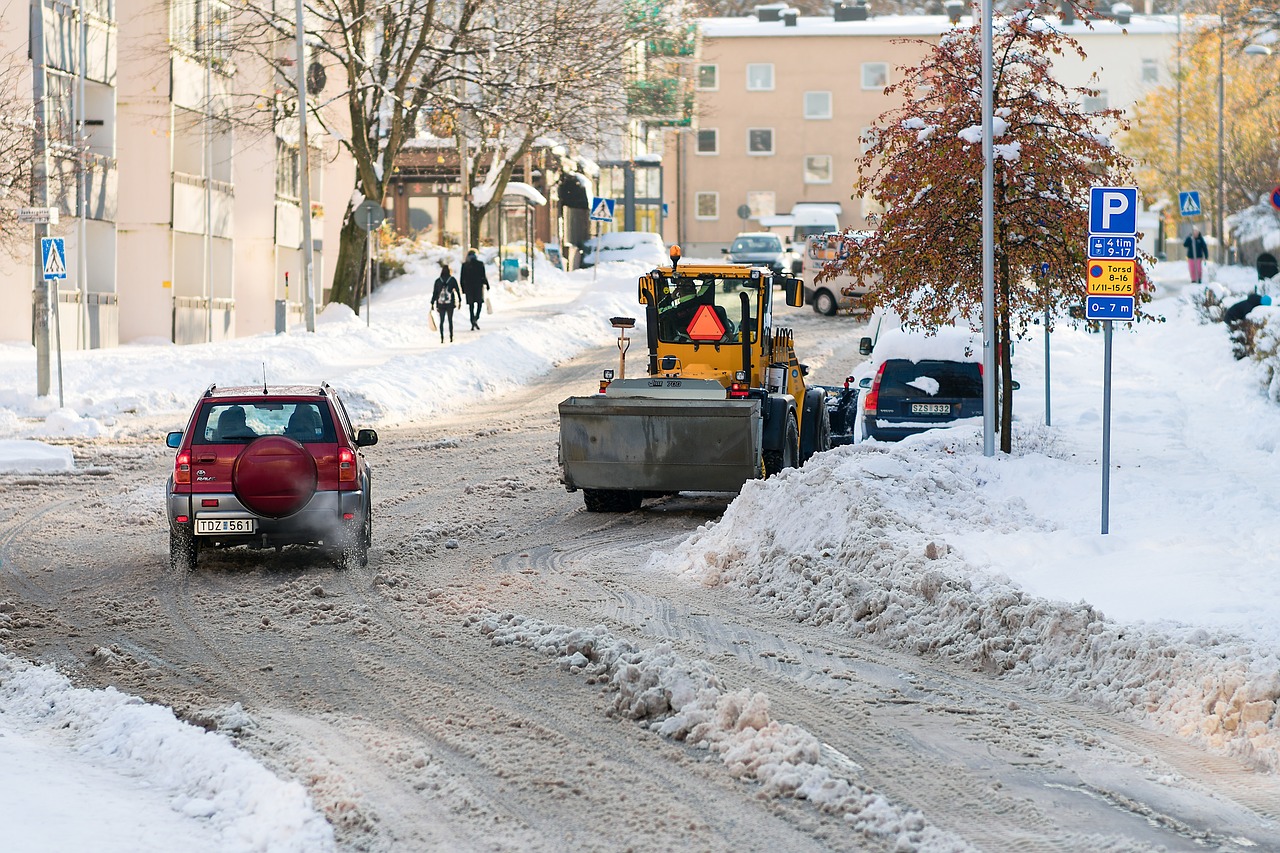HOA Snow Removal: Your Questions Answered

This post was originally published on December 3, 2020 and updated on December 6, 2021.
This time of the year, our thoughts turn to family and friends. Maybe we reflect on the past year or look forward to the next. For association boards and property managers, these happy thoughts are interrupted by questions about snow removal. When do we call snowplows? What kinds of deicers should we use? And does our association have any liability for slips and falls?
I have written a number of blog articles that answer some of these questions. As an early Christmas present, here are the links to them all in one place:
When is our association responsible for slip and fall accidents on common property?
This question can lead to sleepless nights for board members… especially when there is an amateur lawyer in the community who says the association is going to be sued. The answer is that the association is only liable for accidents if
- it knew of a dangerous condition that would not be noticed by a person and
- the association failed to take reasonable steps to fix it.
How do we pick the right deicer for our sidewalks?
This article is titled “Winter is Coming” from back when Game of Thrones was a thing. I look at the major types of deicers (sodium chloride (rock salt), calcium chloride, magnesium chloride, and calcium magnesium acetate (CMA)) and explain how they work. The article concludes that any deicer could cause damage to concrete under the perfect conditions, so an association should not use this possiblity as the only reason for its decision.
When do we call the snow plows?
Does an association have to plow the roads after any accumulation of snow? After one inch? Does the association have to plow even during the snowstorm? Do they have to start as soon as the last snowflake falls? This article has all the answers.
An association has to remove snow and ice within a reasonable time after the accumulation in order to prevent a dangerous condition. A “reasonable time” can vary, but it usually means the next morning when the snow stops in the evening.
Is the developer or builder responsible for slip and fall accidents on common property?
No.
The theme that runs through all of these articles is this: an association has to take reasonable steps to take care of the things that it knows about. “Reasonable” does not mean the most heroic or prompt action regardless of the costs involved. It means that board members and property managers need to do the things that make sense for the association.
